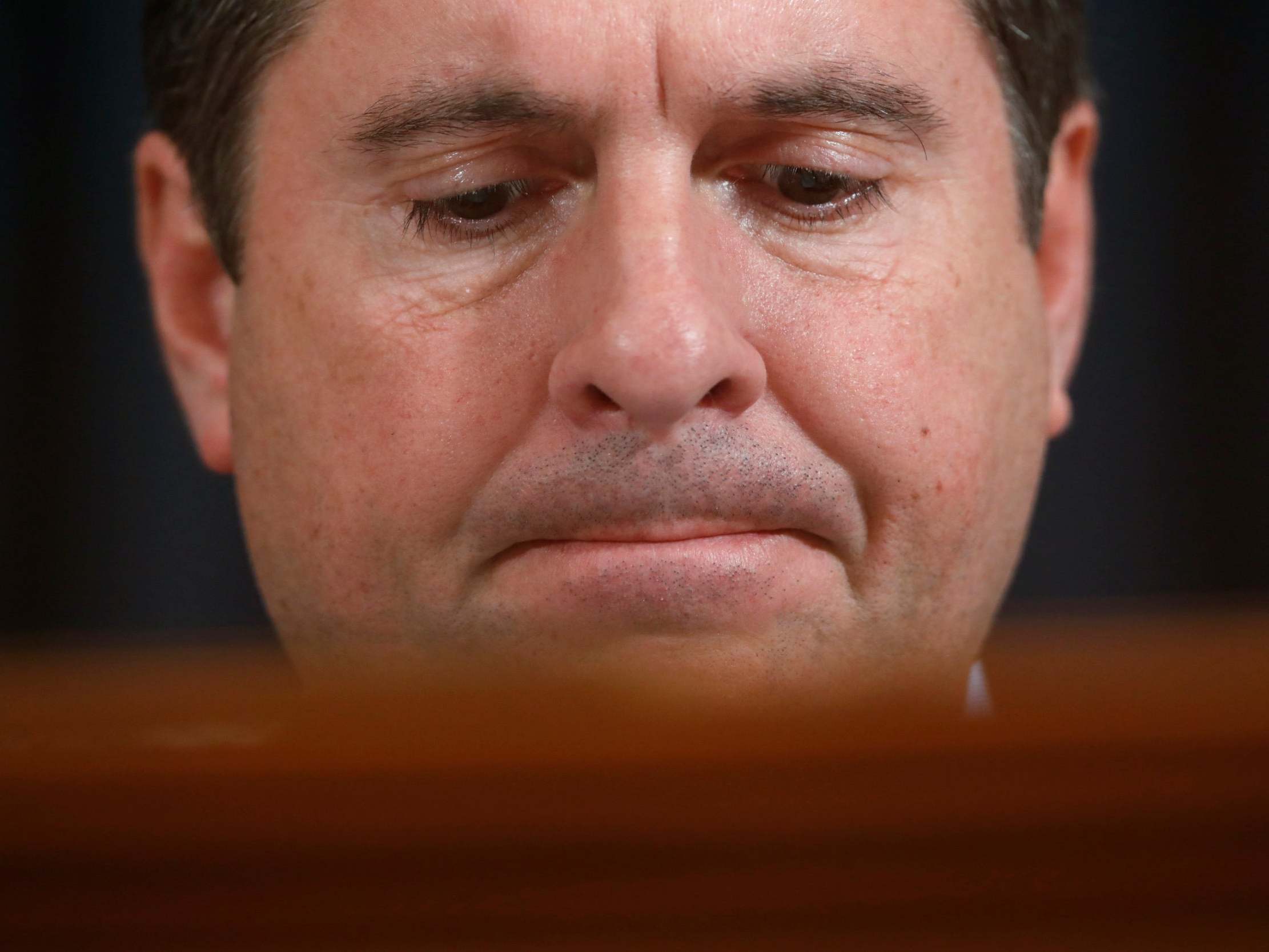If Devin Nunes wants to call the FBI 'dirty cops', he better be ready to propose a solution
This FISA mess requires serious cleanup — and not just from the Justice Department


The Justice Department Inspector General's report is now out, and it details some wrongdoing on the part of the FBI. Whether that wrongdoing was done deliberately or due to just overall sloppiness and carelessness is left to be seen. So now what?
The IG "identified at least 17 significant errors or omissions in the Carter Page FISA applications" and found a Justice Department attorney altered documents. In other words, it revealed a mess that requires serious cleanup — and not from within the department.
If Rep. Devin Nunes wants to refer to the FBI and other members of the Justice Department as "dirty cops" who are creating "spy rings" from within to help take down a president he'd better be prepared to start looking at how the House can begin to take back its oversight role — particularly since he's the ranking member of the Intelligence Committee.
The same goes for Democrats, long considered the party that abhors the surveillance state. They shed a lot of credibility during the Obama administration when they refused to rise and condemn the administration's drone war and NSA spying, as well as government-sanctioned spying on the Associated Press and the surveillance of then-Fox News reporter, James Rosen.
The Foreign Intelligence Services Act (FISA) still has some value. Unfortunately, it was another example of Congress relinquishing its power and putting it in the hands of the judiciary. That presents a situation in which it becomes easier for law enforcement agencies to make mistakes and abuse their authority.
After all, if it's a judiciary decision, it becomes easy to excuse wrongdoing by saying, "Well, a court gave us the OK to do it, so it's fine." People who defend the current structure argue, "Shouldn't someone be checking to make sure the process isn't getting abused?" No one is claiming it should not; however, the proper venue for that oversight is not in courts — who settle legal disputes — but in Congress, which has the power of oversight for the bills it passes and the president signs into law.

Neither party is willing to make that jump without a push, and why should they? After all, Congress is happy to abdicate its oversight role when the party in the White House matches the party in control of the legislative chamber. Republicans who tore their hair out over Obama flexing executive muscle found themselves laughably defending President Trump's power-grab for funding for his border wall.
Where national security is concerned, a willingness to defer such matters to the law enforcement agencies and the courts makes it easier for them to sound righteously angry during Congressional testimony while studiously avoiding offering any solutions at all
Two Republicans, Reps. Chris Stewart of Utah, and Brad Wenstrup of Ohio, recently introduced the FISA Improvements Act. The purpose of the bill is to restore power to Congress where FISA is concerned. Whether the proposal aims for real reform, or is more a partisan political tool, remains to be seen.
There's no doubt the actions by a small group of FBI agents and other Justice Department officials did a lot of harm to the agencies involved through their conduct during the Russia investigation. Just as the public wants a fair but dutiful action to take place in the wake of police department scandals, the same should go for the federal government.
People should expect that leaders in both parties will see fit to work on the kind of legislation that will address such issues, not allow the excuse of court-approved warrants to provide an escape hatch for those who engage in wrongdoing. That means chairpersons and ranking members of various committees, House and Senate leadership — and, of course, President Donald Trump.
Cleanup is going to require an act of Congress, and that, in turn, will require taking back some of the power the body willingly gave to the executive branch and the judiciary branch over the last 40 years.
If such substantive action isn't taken, any outrage we witnessed will die down, and people will forget about that outrage until the next outrage hits the front page. And then what?
Join our commenting forum
Join thought-provoking conversations, follow other Independent readers and see their replies
Comments
Bookmark popover
Removed from bookmarks